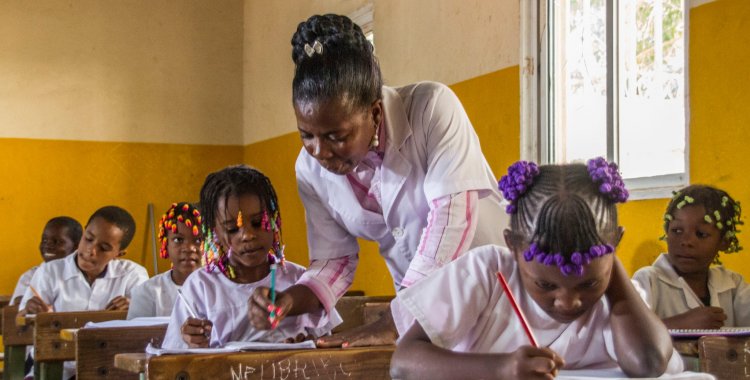"The technical team is working with the aim of introducing content into schools and then we can move towards financial literacy in schools in a concerted manner", said the official, adding: "But it is certain that it will happen".
Speaking at the 3rd meeting of the Financial Inclusion Commission, chaired by José de Lima Massano, Minister of State for Economic Coordination, which focused on this topic, Edilson Pimenta said that it was necessary to increase levels of financial literacy inclusion.
"We have low levels of financial literacy inclusion, we need to increase levels below 50 percent, we need to quickly increase banking access (...)", he said, quoted by Rádio Nacional de Angola (RNA).
"We also have low levels of population identification, which is the first major constraint to financial inclusion, and we also heard at this meeting that the Ministry of Telecommunications has a strategy for the mass distribution of identity cards, so by 2025, we believe that we will be able to identify around 80 percent of the population," he added.
Nuno Viegas, president of the Association of Payment Service Providers of Angola, said that they will support the government's strategy.
"What we are doing at the moment is consolidating the various strategies in order to have a single alignment and so that we can be more profitable for our initiatives and, together, support the government's strategy for financial inclusion," he said, quoted by RNA.
In addition to Lima Massano, the meeting was also attended by the governor of the BNA, the ministers of Education, Finance, Telecommunications, Information Technologies and Social Communication, as well as members of entities that operate in the country's financial system.







